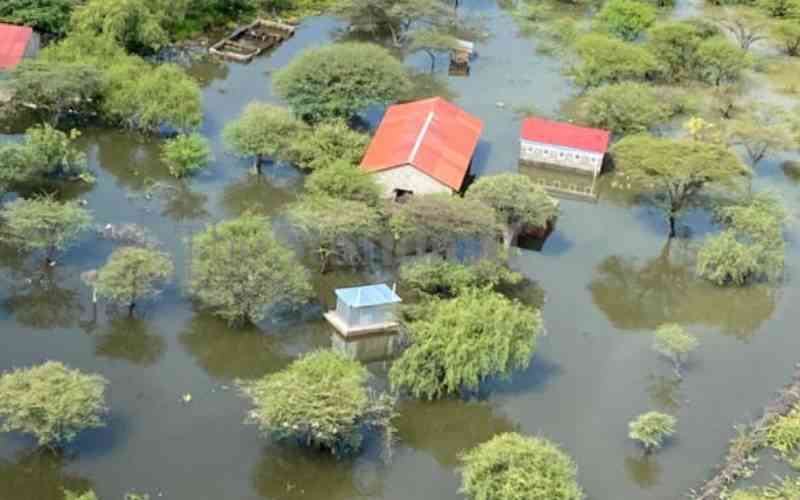×
The Standard e-Paper
Fearless, Trusted News

Kenya will next week hold the Africa Climate Summit as the debate on compensation for climate change victims continues. The debate has since spilled over to court, with a section of victims suing the government and various agencies over the loss.
Kituo Cha Sheria and Reuben Chepkonga, on behalf of 66 victims, filed a suit at the Environment and Lands Court in Iten in September 2022. Through lawyers Dr Omondi Owino and John Mwariri, the victims sued the government for the impacts of climate change flooding in Lake Baringo.